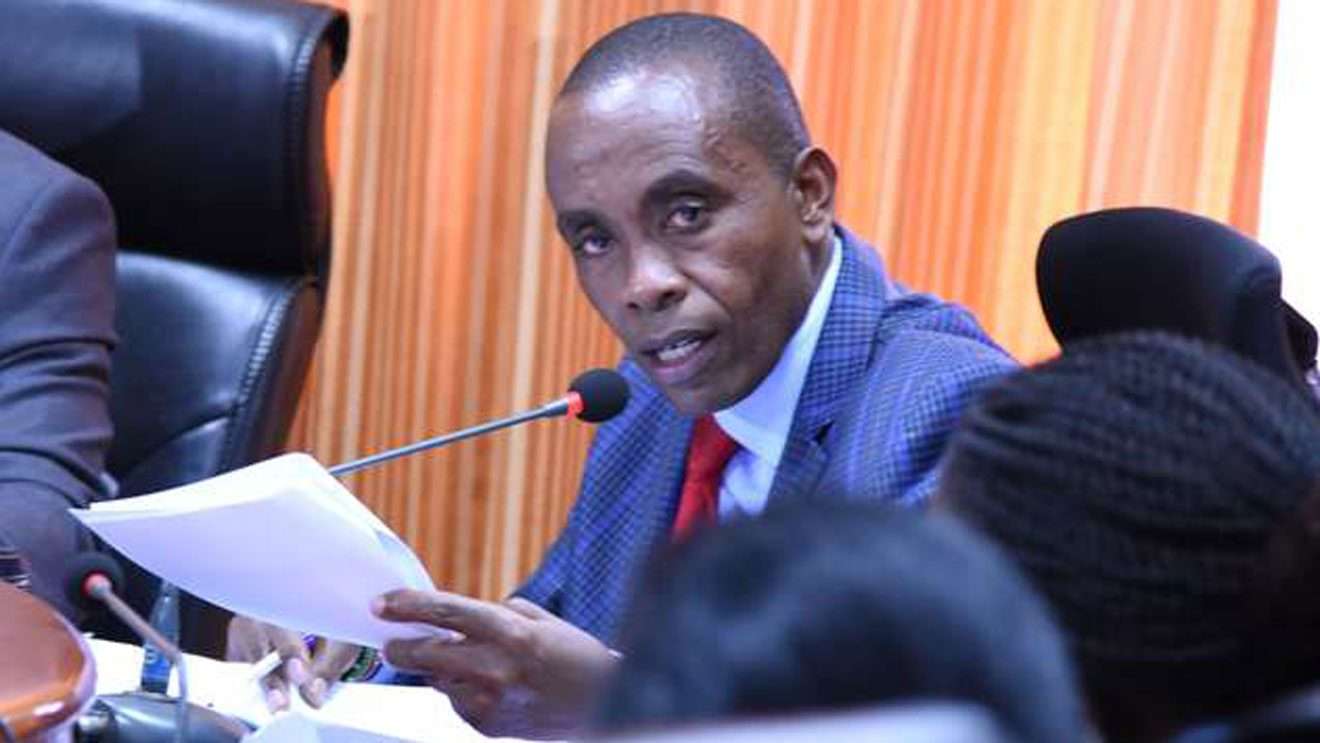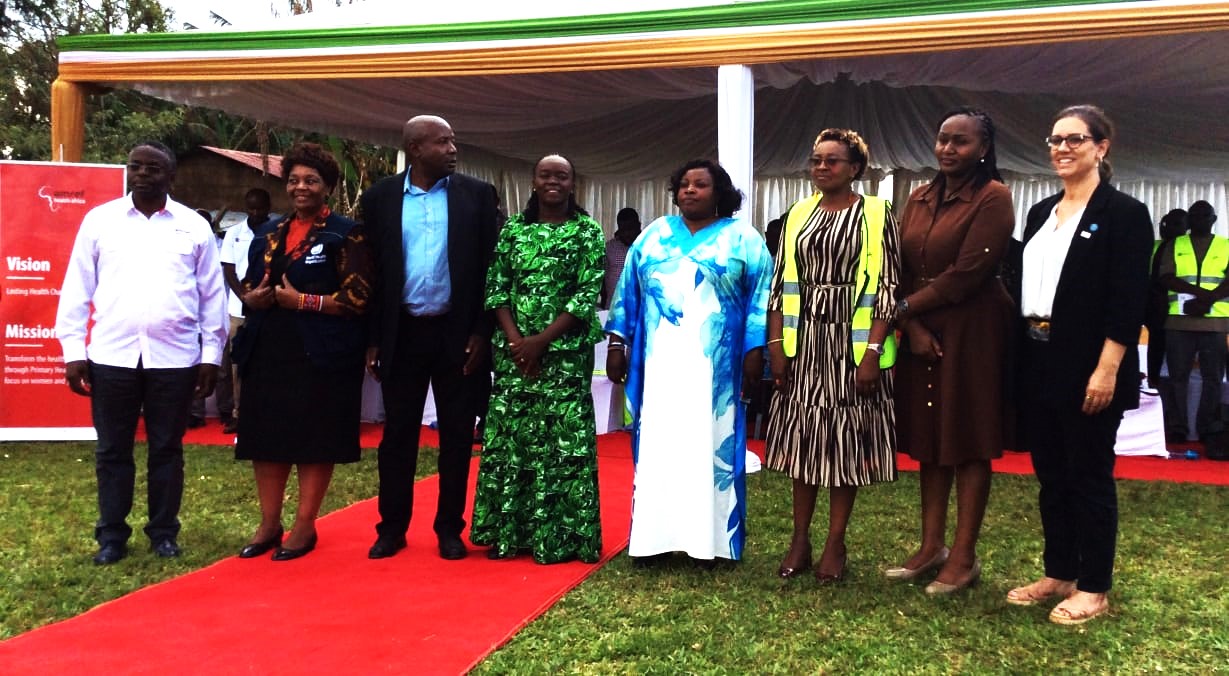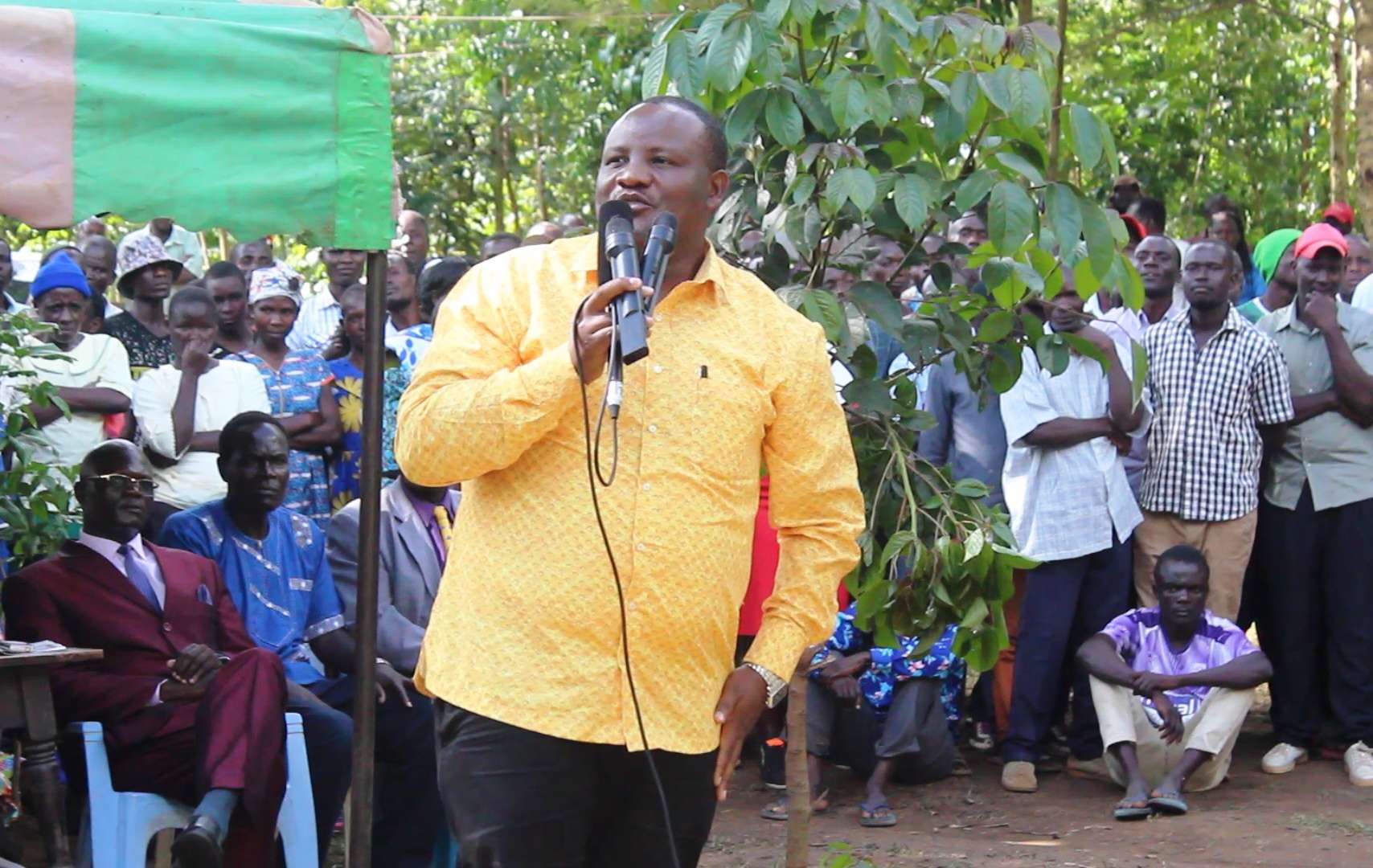The Kiambu County government has refuted claims as false and malicious that it paid for agricultural inputs, including young chickens, that were never delivered. The county asserts that no money was lost, dismissing the Auditor General’s report as misleading and inaccurate.
According to the 2022-2023 Auditor General’s report, Kiambu County spent Sh18 million on 60,000 improved kienyeji chicks, but only 22,500 were delivered. It also highlighted that Sh16 million went to a trading corporation for 13,063 bags of coffee fertilizer, which were never supplied. Additionally, it claimed the county purchased maize seeds and fertilizer worth Sh34 million from the Kenya National Trading Corporation (KNTC), but Sh14 million worth of goods were not delivered.
However, Governor Kimani Wamatangi’s administration has disputed these findings. They clarified that while the audit did capture these concerns, all supplies ordered from the Kenya Agricultural and Livestock Research Organization (KALRO) and KNTC—both semi-autonomous state agencies—were eventually delivered.
John Ngigi, the County Chief Officer of Agriculture, explained that the county used government-to-government (G-to-G) procurement, paying in advance, with delivery according to a pre-agreed schedule. He noted that there was a 51-day lead time after contract signing, allowing for 21 days of hatching and 30 days for the chicks to mature. The one-month-old chicks, sourced from KALRO’s Naivasha station, were distributed weekly across the county’s 60 wards. By the time the audit was conducted, not all chicks had been supplied, but Ngigi emphasized that the report undercounted the chicks already delivered.
Ngigi revealed that the county had ordered 60,000 chicks valued at Sh72 million, but KALRO could not supply the full amount at once due to demand from other clients. By the time of the audit, only 22,000 chicks had been delivered, but the remainder has since been supplied, with over 250,000 chicks delivered and paid for so far. He emphasized that KALRO, being a semi-autonomous parastatal, required upfront payment, and due to the necessary breeding time, it was impossible to supply all 60,000 chicks at once.
Ngigi stated that the county had provided supporting documentation to the Auditor General and would also present the information to the Senate. He described the chicks distribution initiative as a model rural development program aimed at addressing economic challenges faced by local farmers as well as improving nutrition for over 39,000 Early Childhood Development Education (ECDE) learners, who receive three boiled eggs weekly.
Ngigi accused local politicians of politicizing Governor Wamatangi’s projects and spreading false allegations after failing to find legitimate evidence of mismanagement. “This is just political propaganda by individuals with ill intentions against the governor,” Ngigi said. He criticized those opposing the county’s farm input distribution program, questioning why anyone would object to a socioeconomic initiative that improves the livelihoods of their supporters.
The county maintains that the maize seeds and fertilizer were sourced from KNTC, another government institution that also requires advance payments and delivers according to a set schedule. Ngigi stated that the county’s agriculture department distributed 31,684 ten-kilogram packets of coffee fertilizer to 22,000 farmers in Gatundu North, Gatundu South, Githunguri, and Kiambaa sub-counties in June and July 2023. Part of the fertilizer delivery occurred after the auditors had completed their review. He further added that over 450,000 farmers have received maize seeds and fertilizer to date.





